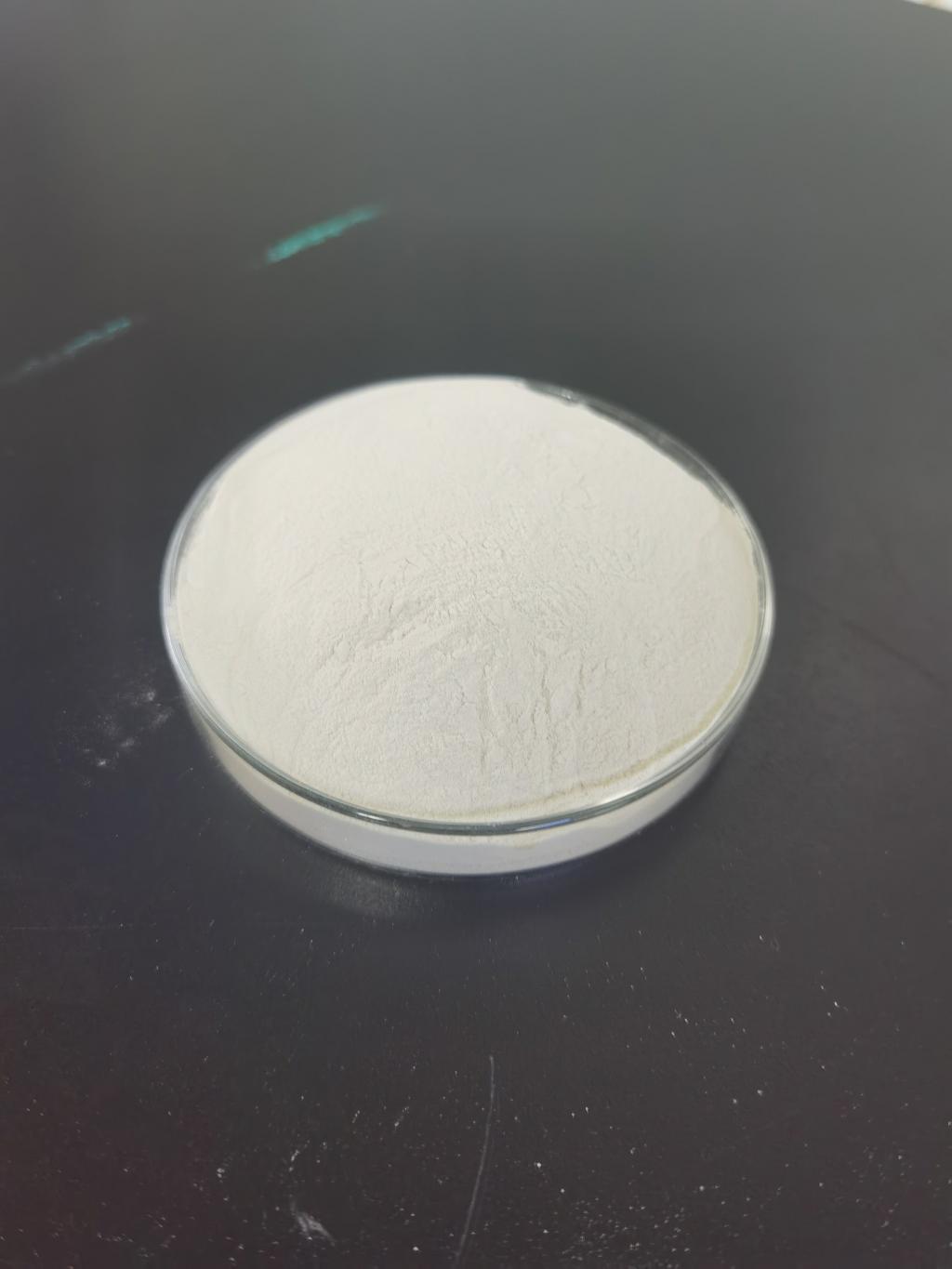Tel:+8618231198596

News
 CONTACT
CONTACT
 CONTACT
CONTACT
- Linkman:Linda Yao
- Tel: +8618231198596
- Email:linda.yao@dcpharma.cn
- Linkman:CHARLES.WANG
- Department:Overseas
- Tel: 0086 0311-85537378 0086 0311-85539701
News
Nisin: Adapting to Modern Food Production Challenges.
TIME:2023-09-08
Section 1: Understanding Nisin
Nisin is a naturally occurring antimicrobial peptide produced by certain strains of lactic acid bacteria, primarily Lactococcus lactis, during fermentation. Its discovery dates back to the early 20th century, and it has since found applications in various industries, particularly in food production. Nisin's unique properties make it an invaluable tool in addressing modern food production challenges.
Section 2: The Role of Nisin in Food Safety
Microbial Control: One of the foremost challenges in food production is preventing microbial contamination and spoilage. Nisin is renowned for its broad-spectrum antimicrobial activity against a wide range of Gram-positive bacteria, including harmful pathogens like Listeria monocytogenes and Clostridium botulinum. Incorporating nisin into food products can significantly reduce the risk of bacterial growth and foodborne illnesses.
Extending Shelf Life: Nisin acts as a natural preservative by inhibiting the growth of spoilage microorganisms. This property helps extend the shelf life of various perishable food items, such as dairy products, processed meats, and canned goods. By reducing the need for synthetic preservatives, nisin aligns with clean-label demands.
Clean-Label Appeal: Consumer preferences have shifted towards clean-label products with fewer synthetic additives and preservatives. Nisin's natural origin and long history of safe use in food production make it an attractive choice for manufacturers looking to meet clean-label requirements.
Section 3: Nisin's Versatility in Food Production
Nisin's adaptability to various food production challenges is a testament to its versatility:
Dairy Products: Nisin is commonly used in the dairy industry to prevent the growth of spoilage bacteria and extend the shelf life of products like cheese, yogurt, and cottage cheese. Its heat stability allows for incorporation into products requiring pasteurization.
Meat and Poultry: In meat and poultry processing, nisin helps control the growth of pathogenic bacteria and improves product safety. It is effective in both fresh and processed meat products, such as sausages and deli meats.
Canned Foods: Canned foods are susceptible to microbial contamination, especially anaerobic bacteria like Clostridium botulinum. Nisin can be added to canned goods to provide an extra layer of protection, enhancing food safety.
Baked Goods: Nisin is used in baked goods, such as bread and pastries, to extend their freshness and inhibit mold growth. Its compatibility with yeast and dough makes it an ideal choice in these applications.
Processed Foods: Nisin can be incorporated into a wide range of processed foods, including ready-to-eat meals and snacks, to prevent microbial spoilage and ensure product safety throughout their shelf life.
Section 4: Overcoming Challenges with Nisin
While nisin offers numerous benefits in food production, it is essential to address specific challenges associated with its use:
Regulatory Compliance: Different regions may have varying regulations regarding the use of nisin in food products. Manufacturers must ensure compliance with local and international standards.
Stability: Nisin's efficacy can be influenced by factors such as pH, temperature, and the presence of other ingredients. Proper formulation and testing are crucial to maintaining its stability and effectiveness.
Consumer Education: Despite its long history of safe use, consumer awareness of nisin's benefits in food products may be limited. Educating consumers about its safety and clean-label appeal can help build trust.
Sustainable Production: As consumer demand for sustainability grows, efforts to produce nisin through environmentally friendly and resource-efficient methods are essential to align with industry trends.
Section 5: Future Prospects and Conclusion
Nisin's adaptability to modern food production challenges positions it as a valuable ingredient in the food industry's toolbox. As consumers continue to seek safer, cleaner-label, and more sustainable food products, nisin's role is likely to expand further.
Future research and development efforts may focus on optimizing nisin formulations for specific applications, exploring novel uses, and conducting in-depth studies to demonstrate its efficacy in addressing emerging food safety challenges. Additionally, collaboration between industry stakeholders and regulatory bodies will be critical to ensuring the responsible and effective use of nisin in food production.
In conclusion, nisin's role in modern food production is more significant than ever. Its ability to enhance food safety, extend shelf life, and meet clean-label demands positions it as a key ingredient in addressing the evolving challenges of the industry. With continued innovation and awareness, nisin can play a pivotal role in ensuring the production of safe, high-quality, and sustainable food products for consumers worldwide.
- Tel:+8618231198596
- Whatsapp:18231198596
- Chat With Skype







